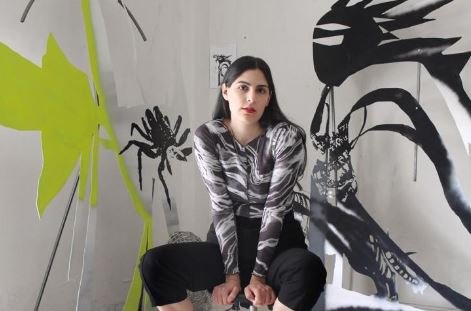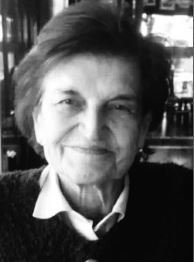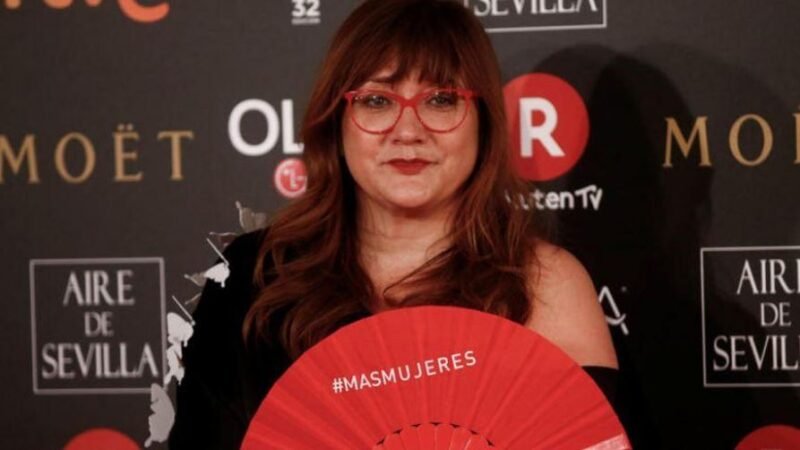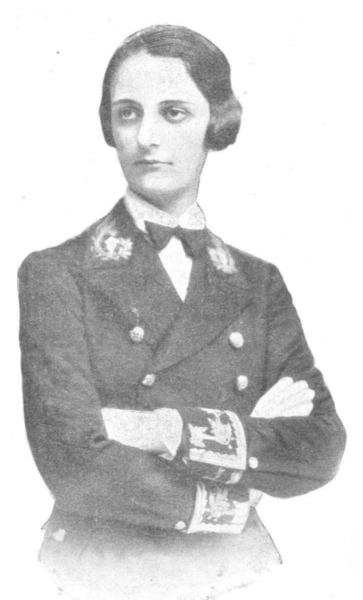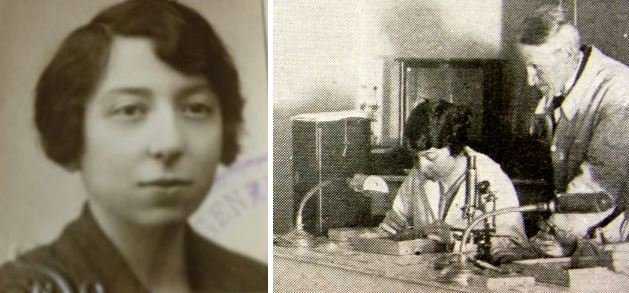Lito Kattou
She is a graduate of the Royal College of Art in London with an MA in Sculpture and the Athens School of Fine Arts.
Kattou is the recipient of the New Positions Award for Art Cologne 2018 and she was the invited artist for the 89plus Google Residency curated by Hans Ulrich Obrist and Simon Castets at the Google Cultural Institute in Paris, 2017. She has presented her work in solo shows at the Benaki Museum, Athens; ROOM E1027, Berlin; Point Centre for Contemporary Art, Nicosia; Eleni Koroneou Gallery, Athens; Clearview.ltd, London; Pierre Poumet, Bordeaux; Radical Reading, Athens and in various group shows at art spaces, galleries and museums including Nottingham Contemporary, Nottingham; Kraupa-Tuskany Zeidler, Berlin; Changing Room, London; Foothold, Bari; Komplot, Brussels; Midway Contemporary, Minneapolis; Benaki Museum and Deste Foundation, Athens. Her works are included in prominent international and private collections as the Dakis Joannou Collection, the collection of the National Bank of Greece, the collection of Deutsche Telekom.

